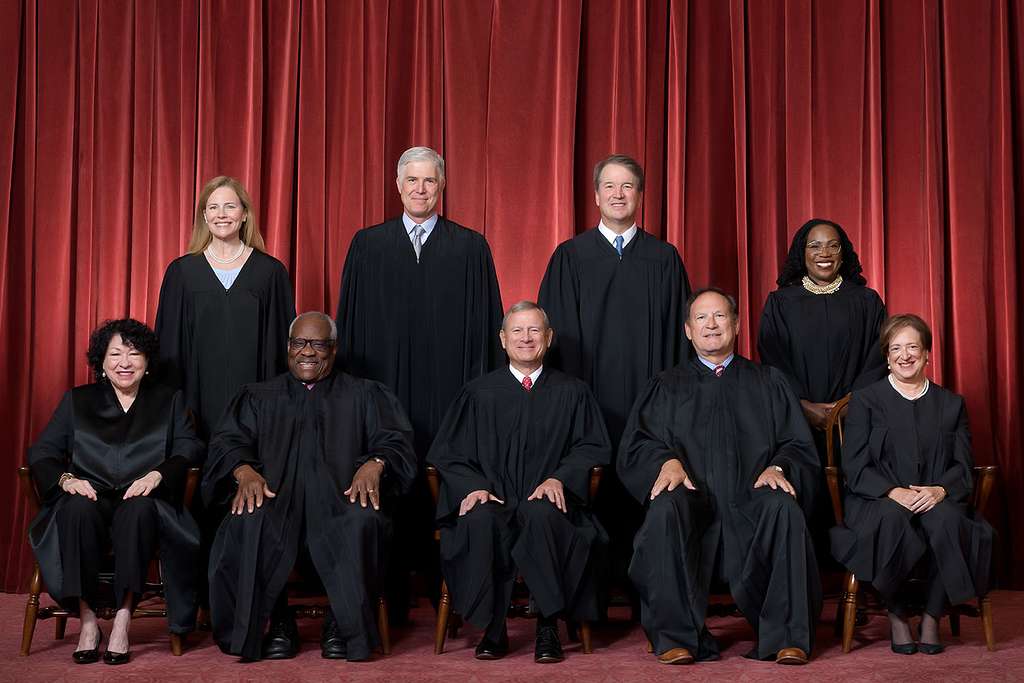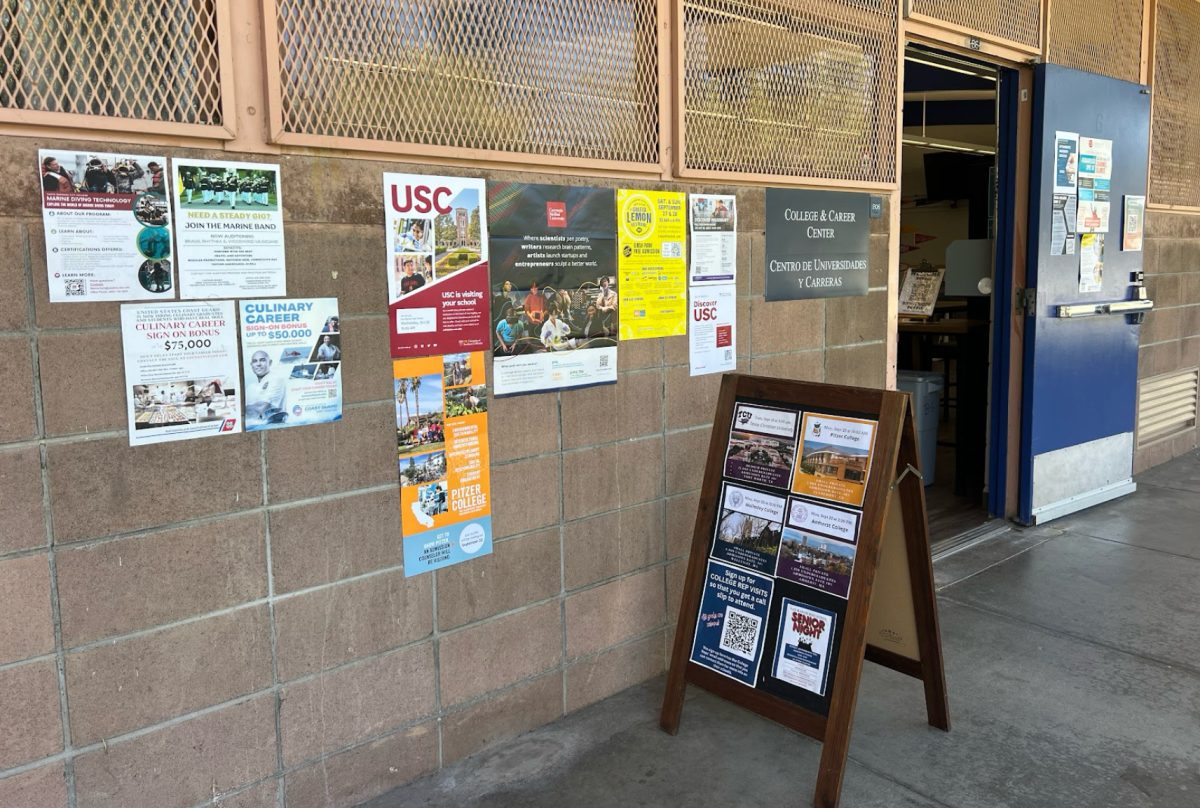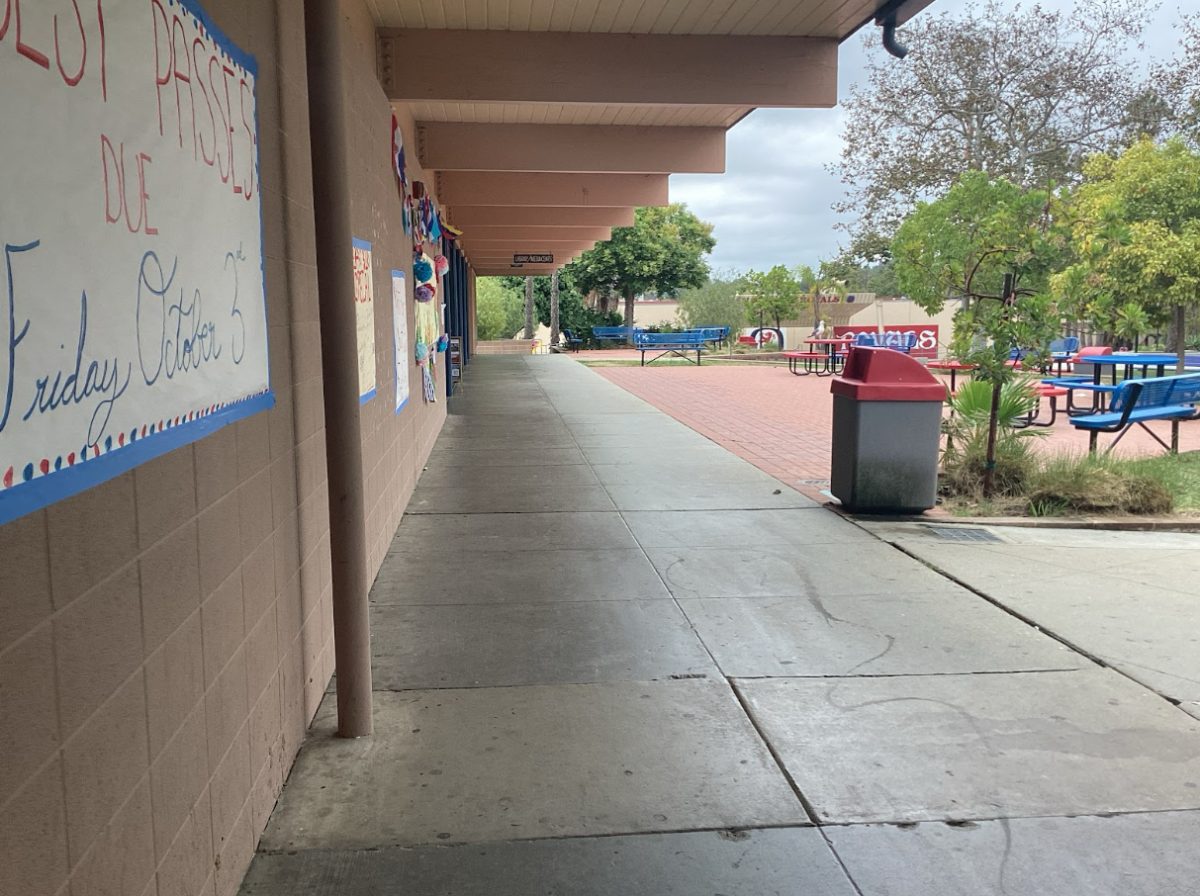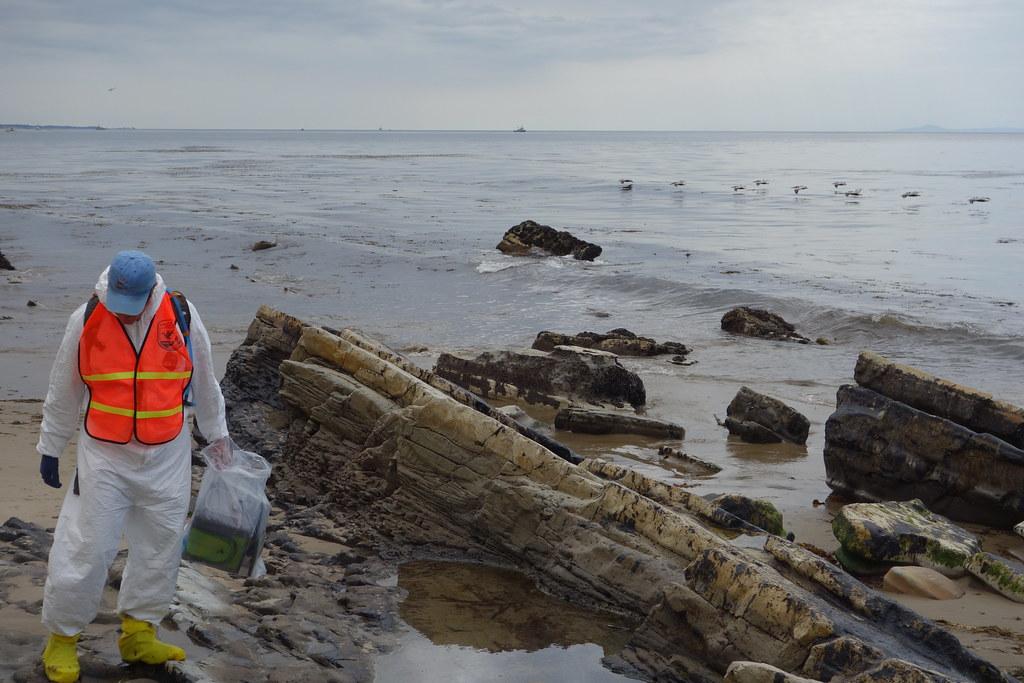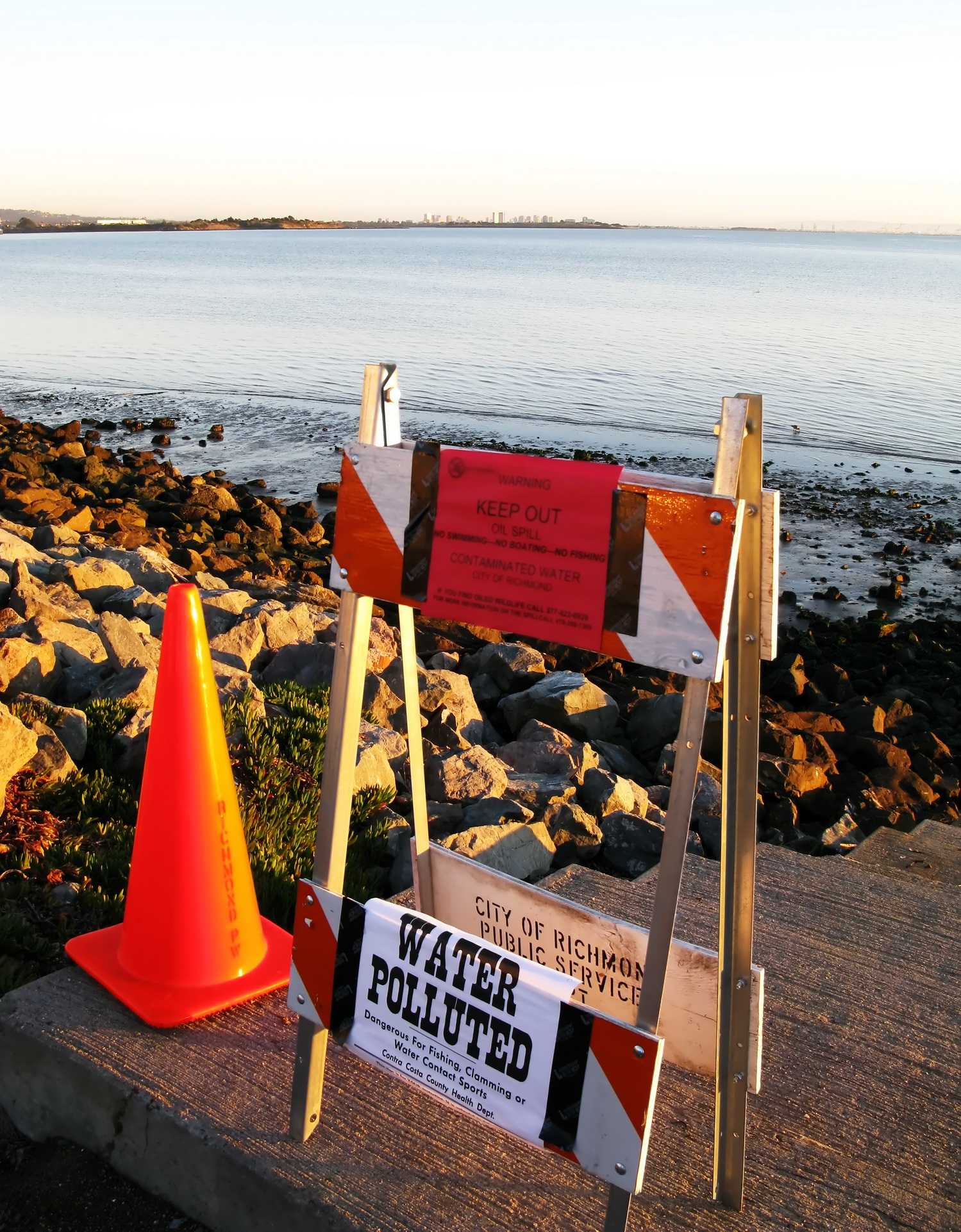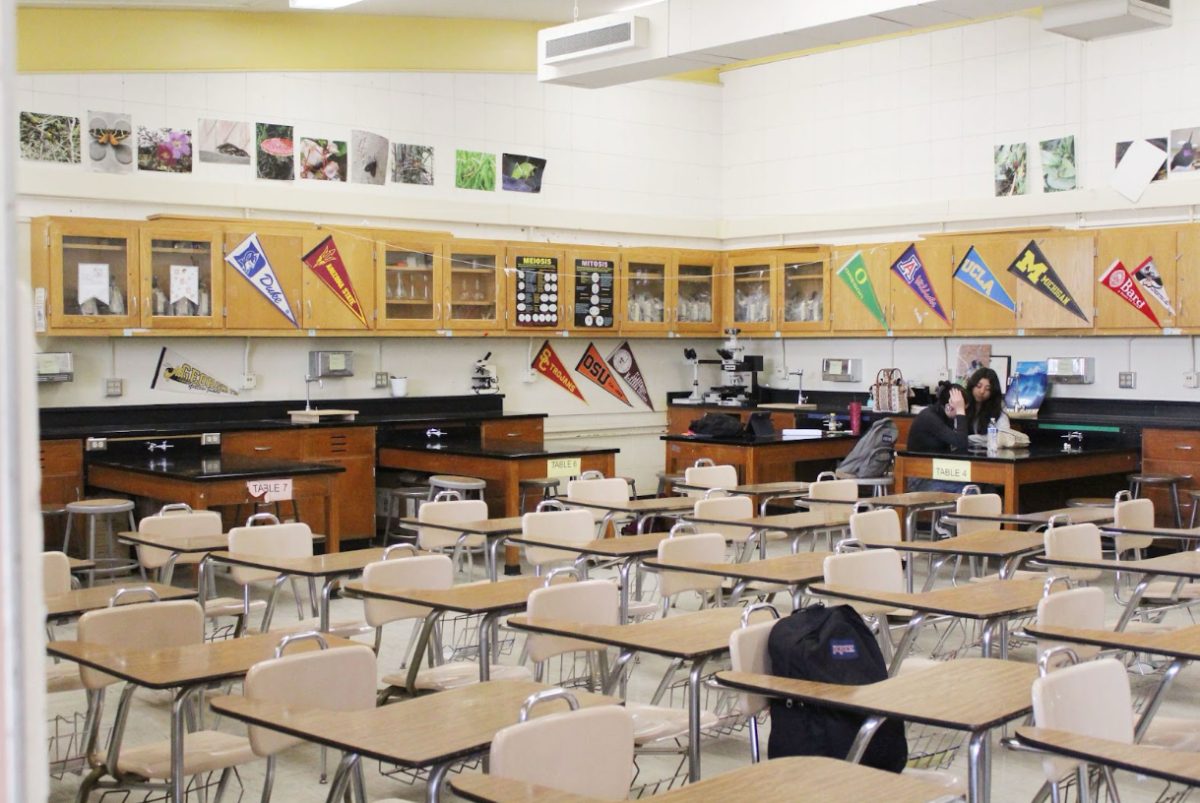On October 3rd, an oil pipeline by the coasts from Long Beach to Huntington Beach was reported to have leaked over 100,000 gallons of oil into the Pacific Ocean. Millions have and will be affected along the coast of the spill, as well as wildlife inhabited in the Pacific. An anchor from a ship has been reported as the cause of the tear in the pipe, two days after the puncture was found. The Coastguard estimated that this puncture could have happened months ago.
Beta Offshore, the company who owns the pipeline received a low-pressure alarm on it early Saturday, but investigators say it took more than three hours for the company to shut the leak down. It was more than six hours before Beta Offshore reported the incident to the National Response Center.
“The pipeline and operations at three off-shore platforms owned by Houston-based Amplify Energy Corp. were shut down Saturday night,” CEO Martyn Willsher said to CNN reporters.
The U.S. Coast Guard announced on Monday, October 4th that they have placed floating barriers (some 3,700 feet long), designed to contain an oil spill and that over 3,150 gallons of oil have been removed from the water. Across the surface, the pipeline stretched to 17.5 miles (28.16 kilometers), and 80 to 100 feet (24 to 30 meters) below the surface was suctioned out so no more oil would spill as the location of the leak was being investigated.
Man helps to clean up the beach and a sign indicates that the beach is closed due to the recent oil spill. Images courtesy of Wikimedia Commons and Flickr.com
The Sustainable Future Club here on campus, which is focused on teaching students about how to make our environment more sustainable and then implementing that knowledge to where we can create immediate change both within our school and our community, was very disappointed upon hearing the news of the pipeline burst. Resulting in their immediate frustration on the still large demand for oil.
“Oil is a nonrenewable energy source, meaning if we keep using it at the rate we do, we will run out,” said one of the Co-Presidents of the Sustainable Future Club, sophomore Carley Nielsen. “If we choose more sustainable options such as not purchasing gas cars, powered by crude oil, then the demand and need to pump out oil from the ground will be less. If we do not use as much oil, there will not be a need for large pipelines that have the potential to burst! It is crazy to think that between 24,696 and 131,000 gallons of oil leaked out of the pipeline. It starts with the small decisions we make. If enough people choose sustainable options, millions of organisms will be saved and our pollution will significantly decrease.”
We can see that this phenomenon has already occurred in Santa Barbara several times like on May 19th, 2015, a ruptured pipeline north of Santa Barbara sent 143,000 gallons (541,313 liters) of crude oil gushing onto Refugio State Beach and the 1969 spill that had a significant impact on marine life in the Channel, killing an estimated 3,500 sea birds, as well as marine animals such as dolphins, elephant seals, and sea lions. Earth Day was started here as a response to that spill.
Moving forward we have many questions to ask ourselves about oil pipelines with its effects. This pipe was over 40 years old, it is time to bring more awareness to the situation at hand, and make sure to take care of our oceans and in turn ourselves!


